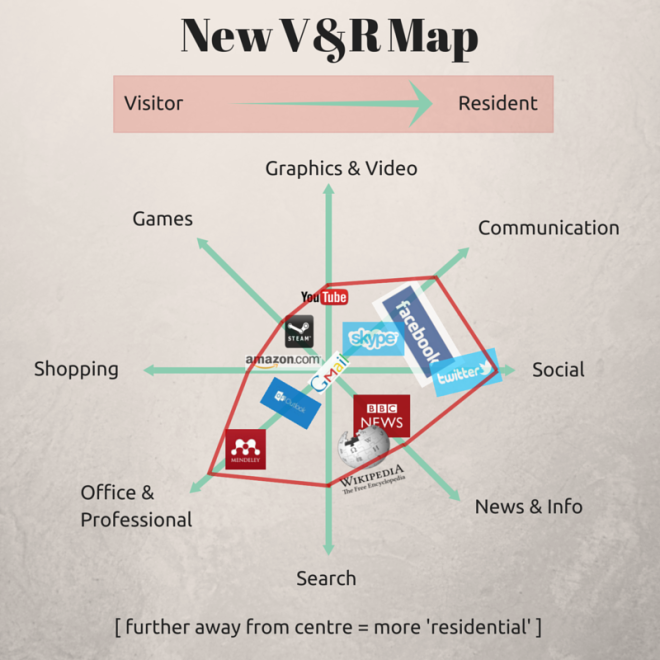
Topic 1: ‘Digital Visitors’ and ‘Digital Residents’
Prensky’s research into ‘Digital Natives’ and Digital Immigrants’ was very influential at the time. Using this terminology, he suggested that technology plays an integral role in young people’s lives – “native speakers of the digital language” (Prensky, 2001). Contrastingly, older individuals have their foot in the past, attempting to adapt to the digital environment that surrounds them.
Continue reading →









